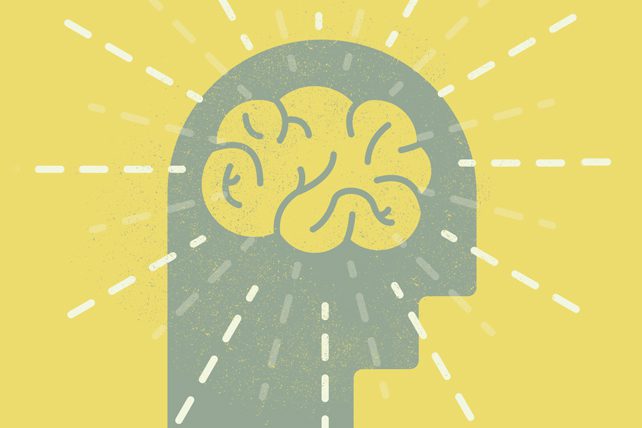 When it comes to your health, do you ever single out your brain as its own category?
When it comes to your health, do you ever single out your brain as its own category?
Laurie Kelly, a fitness and nutrition coach, dives into this topic of brain health with helpful tips to care for this important organ. While it is good to focus on healthy, fit bodies, we often neglect the significance of having a healthy brain. Let’s find out why we should spend more time invested in brain health!
In her blog article, “The Brain: Your Body’s Most Important Muscle,” Kelly observes certain facts about the brain that should alert us, as clergy, to pay attention to maintaining brain health: the brain makes up only 2% of total body weight, but uses 20% of the body’s energy; 60% of the brain is comprised of essential fats; 1 in 10 Americans over age 65 will develop Alzheimer’s Disease; 60,000 are diagnosed with Parkinson’s Disease every year.
Check out these five recommendations for brain health, based on Kelly’s article. Consider the importance of maintaining good brain health as you serve God and others in your role as a pastor:
Stay well hydrated.
Think of hydration as the key to supporting your entire central nervous system. The brain has the highest proportion of water when compared to all other organs in the body. That means, with its 80% mass of water, it’s important to be drinking lots of water to maintain healthy levels of hydration. And maybe you’ve experienced the effects of dehydration! When you’re feeling stressed out and maybe a little “foggy,” you might need a glass of water! Those two side effects can be linked to dehydration.
Consume healthy fats.
Our brains are also made up of fats, or fatty acids (omega-3s and omega-6s). Something unique about these fats is they are acquired from food. Your body, on its own, cannot produce them.
When you dig into the science of what’s occurring, you’ll find omega-3s are especially important, because when further broken down, they contribute to the growth of neurons and your brain’s ability to form and reorganize synaptic connections, especially in response to learning or experience. Kelly’s article reminds us a deficiency in omega-3s can affect cognition.
A few helpful ways to stay full of the omega-3s your brain needs is to include fish, seafood and flaxseed, as well as hemp, sunflower, and pumpkin seeds in your diet!
Meditate.
Kelly points to the documented health benefits of meditation, which can take many forms. As Christians and as clergy, there are significant benefits of slowing down in silence before God, simply being present with God through the Spirit, and offering up all our thoughts and concerns to him, not dwelling on them, but basking in his loving presence and releasing all our concerns to God (1 Peter 5:7).
While there are obvious spiritual benefits to quietly meditating on God’s Word or maintaining silent prayer before him, there are also benefits to the brain. It increases blood flow, which helps with mental awareness and other neurological benefits.
Exercise.
We are all aware exercise increases physical fitness in general, but did you know it also helps increase the fitness of your brain?
Kelly shares recent research showing that physical exercise actually brings about measurable changes in brain chemistry, leading to the growth of new brain cells and new synaptic connections. It can also, to a certain degree, reverse the negative effects of aging. This is so important for clergy as we lead, study, and guide others.

